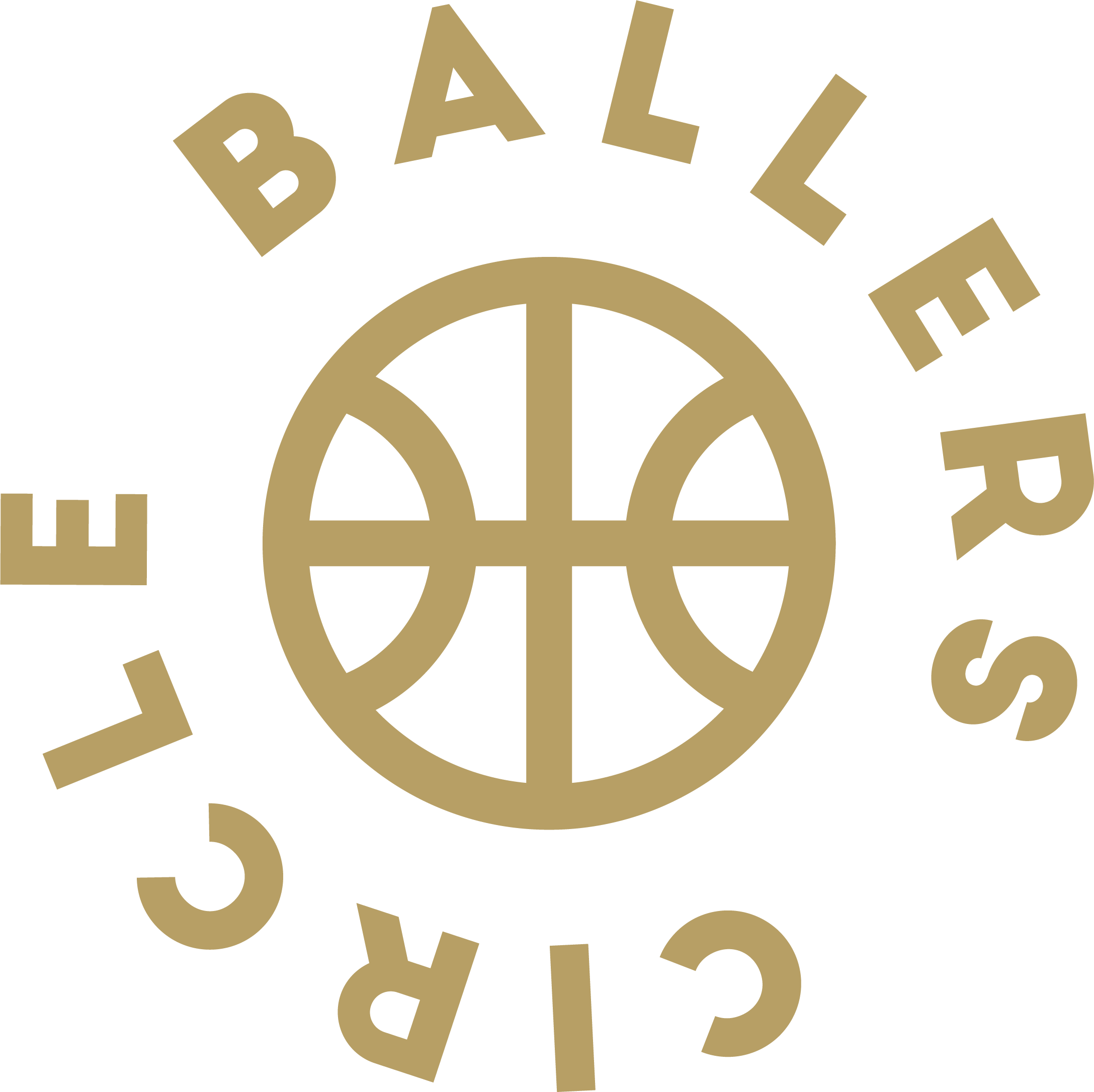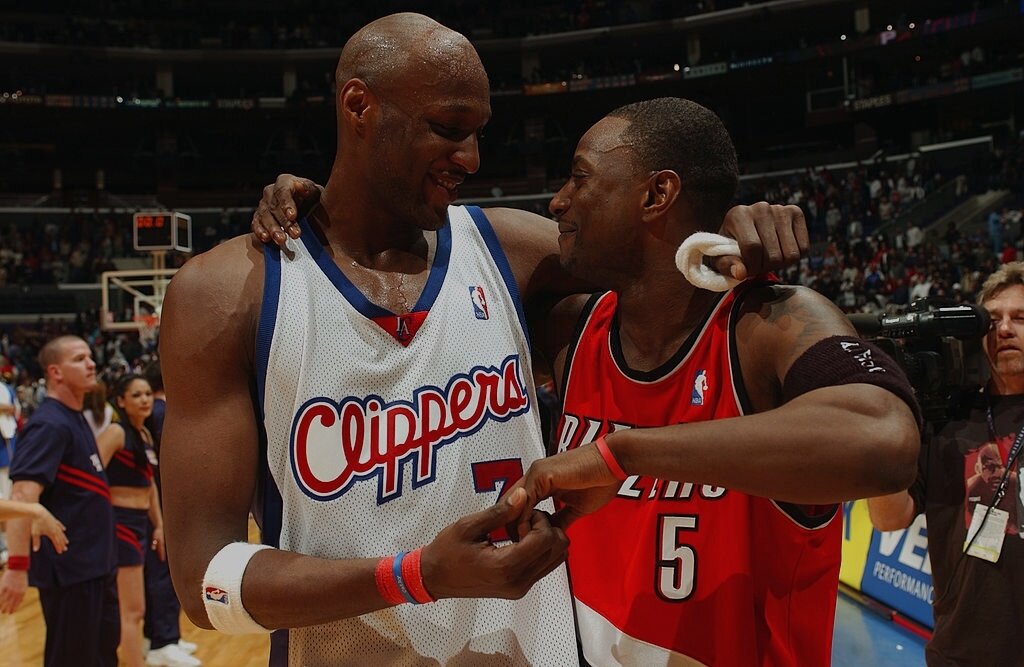Always Fight
Jeff McInnis: Mr. Charlotte never gave up
June 2020
Written by Amir Ali
Contributors
Thank you to Quentin Richardson, Darius Miles, Dan Panaggio, Ty-shon Alexander, Devon Dotson, Makhtar Ndiaye & Kevin Dasent for their generous insight into Jeff’s journey.
I always kept everything in perspective. I never just went crazy in the league. I bought my first house at 34 years old. First, I had bought my mom a house. The whole time I was in the league, I had a 2-bedroom apartment and some rental houses. The NBA changed my life. It’s a great lifestyle. I wouldn’t trade it for the world.
NBA veteran Jeff McInnis, also known as Jmac, played 13 hard-earned seasons in the league. Even while in the NBA, he never met the moment where he could just relax. Jeff was always on his toes trying to earn another contract. He had no other option; he could not go back to Charlotte. There was nothing good for him there.
Rookie small forward Lebron James and Jeff McInnis embracing mid-game. (Photo by Fernando Medina/NBAE via Getty Images)
Ask anyone from Charlotte about Beatties Ford Road. They will all say the same thing; it is a tough, tough neighborhood. Its notoriety is not something spoken about with pride, but more-so, genuine concern. The violence holds back the community in more ways than it knows. For young kids, their first goal becomes to simply stay safe. Just last week, 100 rounds were fired at a block party, injuring 11 innocent people, and killing 3. Natives like Jeff plead for the day when this darkness can fade.
Paving a way out for himself, Jeff has now emerged as a guiding light for a community still finding its peace. It is no surprise that in May, at the peak of the Black Lives Matter protests after George Floyd’s tragic death, community leaders called upon Jmac to speak to the people of Charlotte while emotions were running high.
Now, it is time to do the RIGHT thing. We have to make a change. Don’t tear life up more. We are putting more handcuffs on ourselves! Where are we going to shop for food tomorrow? Let’s all protest, but do so peacefully.
This opportunity was quite the platform for someone whose character was wrongly questioned throughout much of his NBA career. Perception is not always reality, and if we have learned anything from seeing who our leaders have been on the ground the last several weeks - Stephen Jackson, Rasheed Wallace, Jeff McInnis and Matt Barnes, to name a few - it is time to break the cycle of putting a bad rep on good guys from tough backgrounds. Misunderstood, most have hearts of gold.
Jeff McInnis’ journey from being an NBA player, to his maturation into a coach for the next generation, is a model example of the growth athletics is meant to bring into lives. Nothing was ever promised. But, amidst heavy uncertainty, Jeff McInnis evolved into the best version he could be.
Being a boy from Beatties Ford Road, Jmac always fell back upon the thing he knew best: FIGHT.
draft night - 1996
1996. It was draft night - a much anticipated time Jeff can never forget. This was one of the greatest draft classes of all time, headlined by the likes of Allen Iverson, Kobe Bryant, Steve Nash, Ray Allen, Stephon Marbury, Marcus Camby, Antoine Walker, Peja Stojakovic, Derek Fisher and Jermaine O’Neal.
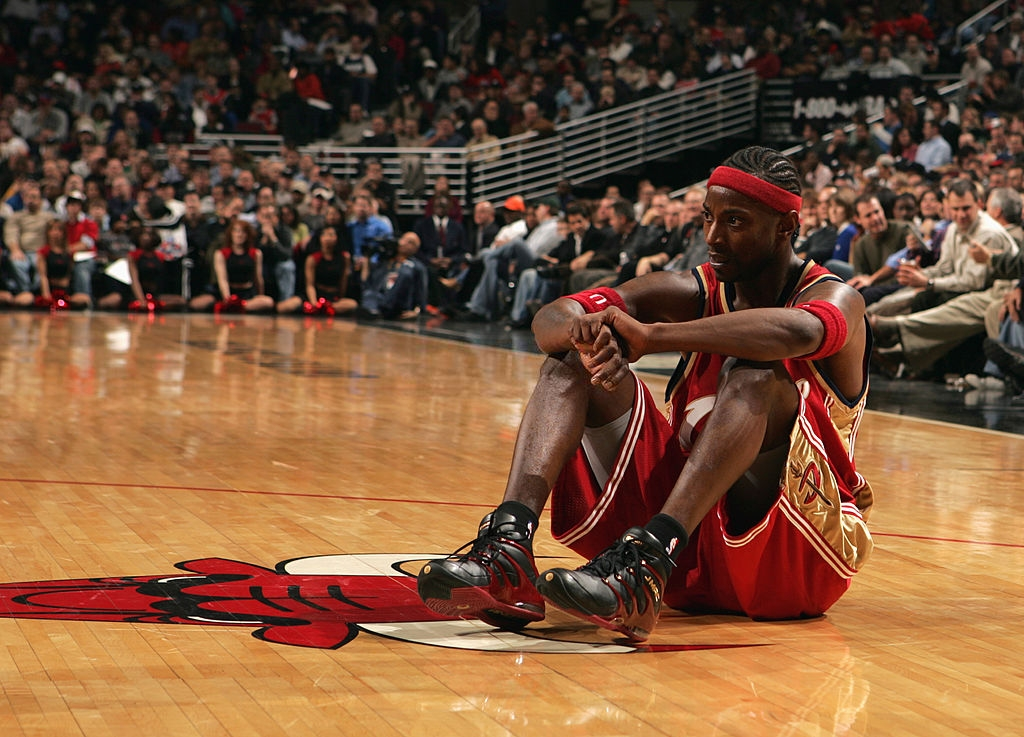
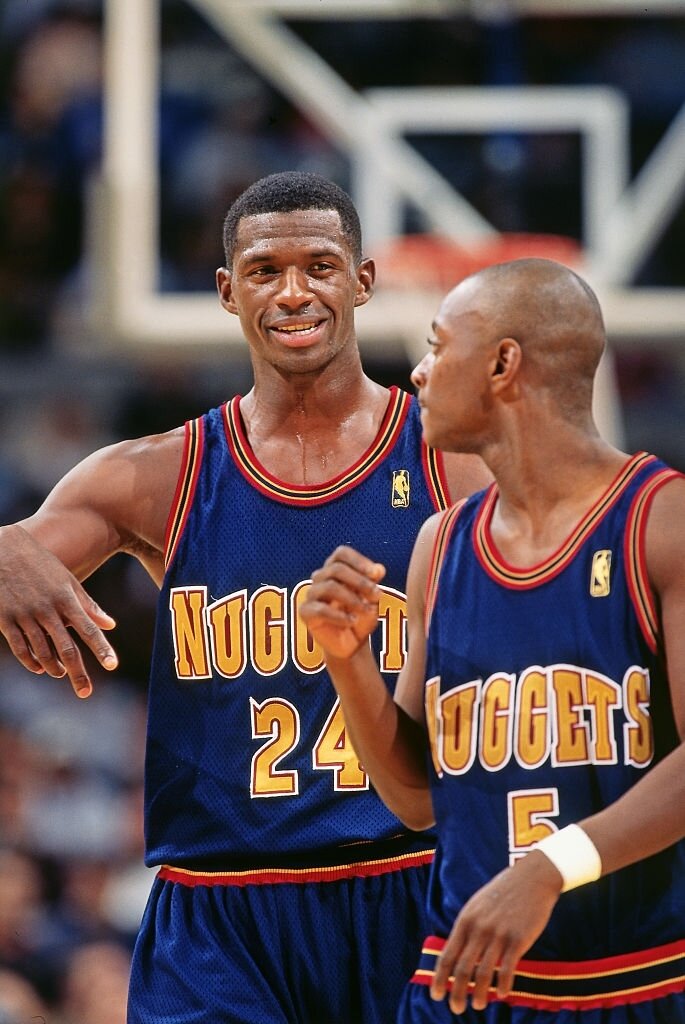
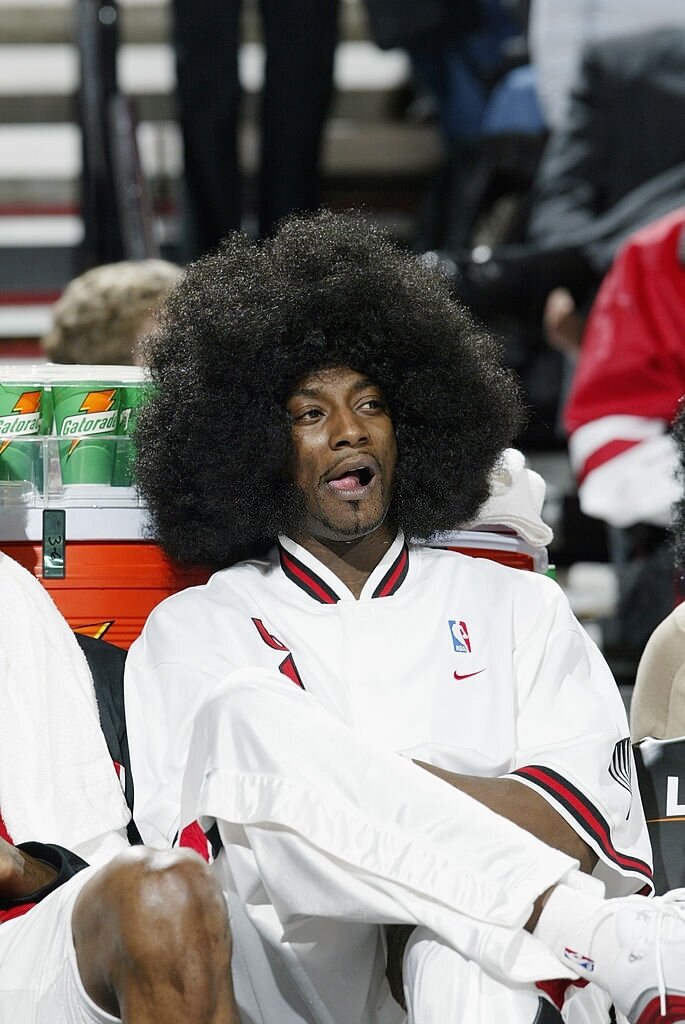
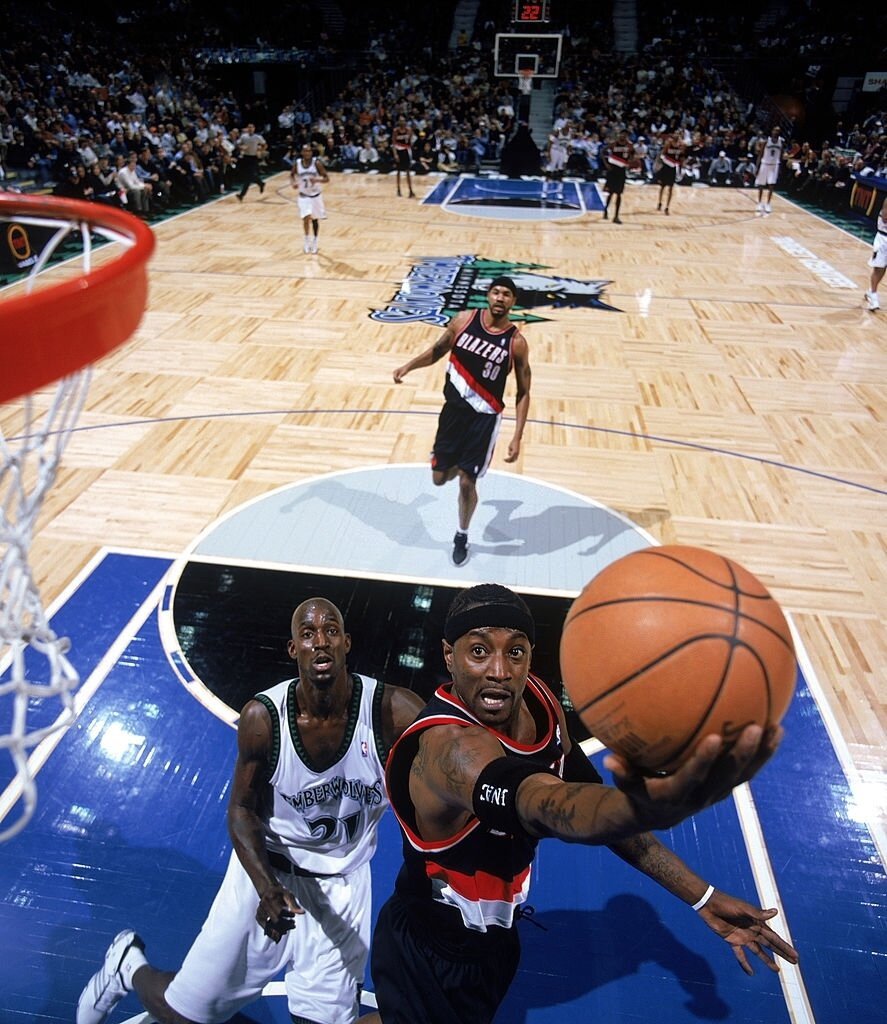
Earlier that morning, the Charlotte Hornets had called Jeff, the hometown boy, for a workout at the facility. Of all teams, they knew his talent best.
I went down to the facility with one of my boys, and I’m telling you, I probably shot the ball better than I have ever shot the ball in my whole life. Like, this is the truth man. I knew I had messed them up big because after the workout, they brought me in, and started asking me all these questions that had nothing to do with basketball. “If we draft you, are you going to have all of your friends around?”
See, I was labeled as a bad guy, bad attitude, because I always grinded for my own. I grew up different. As an inner-city kid, I always played with a chip on my shoulder. People said I had attitude, that I wouldn’t make it, and that I would be like the rest of the guys I grew up around – sell drugs, or go to prison – either one. But, I knew basketball was going to take me out of that.
Everyone counted me out. In high school, I wore number zero. Everyone said I wasn’t going to be nothing, and I wanted to prove them wrong.
Despite his flawless workout, with the 13th and 16th picks, the Charlotte Hornets selected Kobe Bryant, and Tony Delk. As a basketball player, Jeff’s ability was unquestionable. He was a McDonald’s All-American at Oak Hill Academy, went to the University of North Carolina, and made a big name for himself. However, NBA executives at the time just could not shake the image of this boy from Beatties Ford Road - rough, tough, and true to his emotions. Undeservedly so, this created a skeptical persona.
Growing up in a naturally contentious environment, to rise up, you have to emerge as A Wolf amongst wolves. You are not just given respect, it is earned. You have to be able to show for something. Survival of the fittest. That is how life is in inner-city neighborhoods where nobody has had life easy.
After getting passed by the Charlotte Hornets, Jeff was still slated to be a first round pick, which would have guaranteed him a contract for the season. All of the media announcers believed he was going to the New York Knicks. They needed a point guard, and had four chances to select Jeff in the first round. Each time, he was left empty.
That was heartbreaking.
Jeff ended up going to the Denver Nuggets with the 37th pick in the second round. He was tasked with filling the shoes of Mahmoud Abdul-Rauf, who had just been traded to the Sacramento Kings after averaging 19 ppg and 7 apg for Denver.
Today, as a coach, Jeff stresses to his players the importance of their perception as men and professionals. He thinks back to how many hurdles it caused in his career. You cannot guarantee that a basketball shot goes in. You can only shoot. However, you can control the manner in which you are perceived. Still, Jeff had more to learn regarding this very lesson he so adamantly preaches today.
The League
The day after Jeff went 37th in the NBA draft, USA Today touted him as the steal of the draft. With a mid-range game that was automatic, and a unique instinct to create for his teammates, Jeff was an ideal point guard for 1990’s basketball.
Jeff McInnis and teammate Darius Miles (Mandatory Credit: Jeff Gross /Allsport)
However, after a rough start with the coaching staff, just 13 games into his rookie season, Jeff found himself without the opportunity he had worked his whole life for.
It didn’t really work out between me and the other coach, after Bernie Bickerstaff left Denver for the Wizards. Well, it’s a story, screw it. I am 45 years old. I basically quit. I told the Nuggets screw them.
This was Jeff being young, and Jeff not knowing. I ended up going to Greece for the last six months of my rookie year.
So, we were coming to Charlotte for the first time that season. They didn’t play me at all that game. I thought the coach did it on purpose.
Before the game, he called my room, and told me, “Hey, I got 8 extra tickets for you. I know you got a lot of family here.” So he gave me 8 extra tickets.
In that game in Charlotte, I played no minutes in the first half man. I didn’t know what it was. I was in the rotation, playing good minutes. I was always first guard off the bench.
At this point, I mean everybody is going crazy in the crowd. Like saying crazy stuff man, and screaming. All that had nothing to do with me. I didn’t know them, and I didn’t want to go in the game after that man. With two minutes left in the game, coach tried to put me in. I was like, “nah I’m good.”
We got back to the locker room, and I was cool. I took my stuff off. Coach comes to me saying, “I think it was very disrespectful that your people were yelling and all.”
I said, “I don’t know who the hell them people was. Matter of fact man, f*** you.” And I walked out.
I didn’t go on the bus the next morning; we were supposed to go DC to play the Wizards. The next day, they cut me. That was the end of the my rookie year.
Everything he ever fought for was an escape from the life in inner-city Charlotte. Basketball was merely the vehicle. Now, he had nowhere to go. In an attempt to keep his NBA dream alive, Jeff ended up halfway across the world in Greece, and then, the CBA - the NBA’s Development League at the time. As a fighter, there was no better place for him to be. The league was a bunch of dogs.








It wasn’t all peaches and cream. The Quad City Thunder had Rick Brunson, Greg Sutton, Morgan Wiley and myself. I’m like God damn, they all been in the NBA before. They gonna fight again. I thought I was going to be the man. I went to (the University of North) Carolina. Then, it’s like 4 veteran point guards are in front of me. I’m like what the hell. It was a rude awakening going to the CBA.
When I first got to Quad City, coach tells me, “I don’t know if you’re going to make the team.”
I’m like, make the team??
I’ll put it to you like this; in 2 weeks, I was the only point guard there.
My fight is just different. I couldn’t go back to Charlotte man. I don’t know what everybody else got, I just knew I can’t go back home. There is nothing for me there. Basketball literally saved my life.
Jeff fought harder than ever, winning Newcomer of the Year honors (the league’s Rookie of the Year award), and leading the team to a CBA championship. No matter what, he was going to earn his second shot in the league.
It wasn’t until Jeff’s fourth year professionally that he finally made a roster for an entire NBA season. That is four years of no guarantees, no promises, and no days off.
The Los Angeles Clippers signed Jeff to a 10-day contract at the end of the ‘99-’00 season. After solid play, he earned himself another 10-day contract. Then, for a third time, he earned a final 10-day. After that, Jeff never looked back.
The Los Angeles Clippers signed Jmac to a 3-year contract, pairing him with the electric group headlined by Lamar Odom, Darius Miles, Quentin Richardson, Corey Maggette, Keyon Dooling, and later, Elton Brand. This “Knuckleheads” team took the NBA by storm for their free-flowing play, competitive fire with one other, and brotherly camaraderie that ascended the common culture of NBA teams at the time. This group was a bunch of kids, living in LA, and enjoying life together. It couldn’t get any better.






Immediately, Jeff became the second-leading scorer on this storied Clipper team, behind budding star Lamar Odom. He also lead the league in assist-to-turnover ratio, making him the most efficient decision-maker in the league. Yet, as Jeff noted, every year of his 13-year NBA career was a fight. After being traded 4 times, and surviving on disposable short-term deals, every season became a tryout for the next.
After Los Angeles, Jeff played in Portland, playing with Bonzi Wells, Zach Randolph and Rasheed Wallace. Then, Jeff was the starting point guard in Cleveland for the end of Lebron James’ rookie year - averaging 12 ppg and 8 apg. After a short stint in New Jersey, and finishing off nearly two decades of fighting, Jeff concluded his NBA career right where it could have began - in Charlotte. Home was where he was meant to be all along.
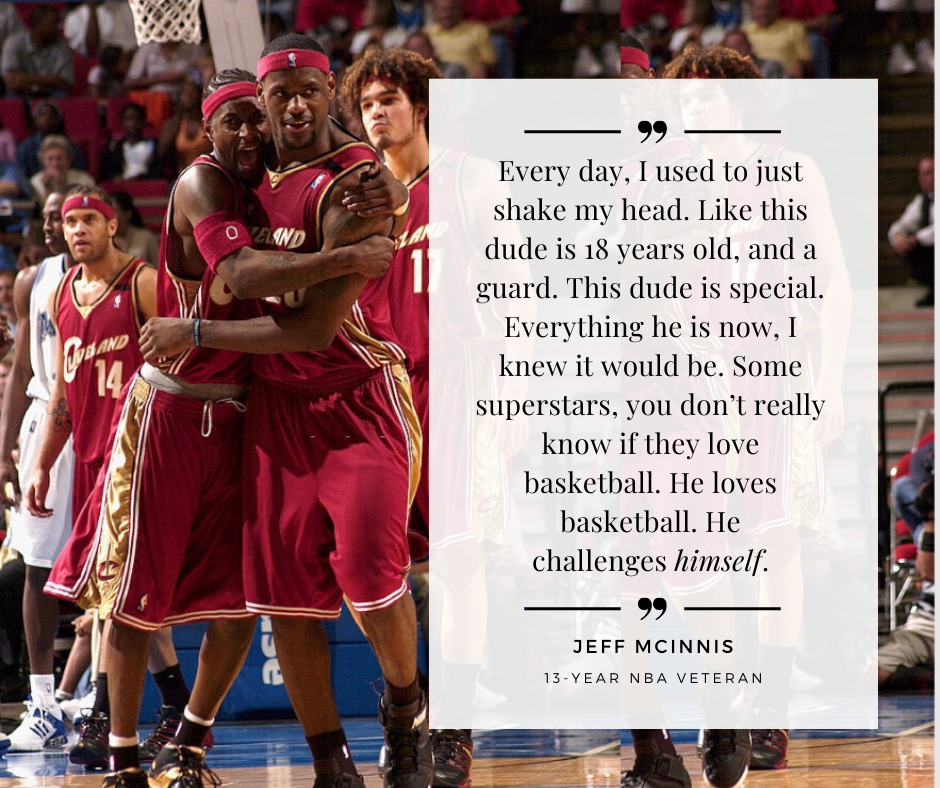


Coach Jeff
Twelve years after retiring from professional basketball finishing off his career with the Bobcats, Jeff is back in Charlotte. Now, the head coach at Combine Academy, a prep school founded by former NBA player Trevor Booker, Jmac commits one-hundred percent of his time to giving kids hope towards their basketball dreams. After all, at one point, he was just that - a kid with a dream.
Eleven years ago, Jeff also founded Team Charlotte, an AAU program that consistently ranks in the top 10-15 teams in the country. Jeff’s impact is in the results. After this draft, Team Charlotte will have planted several seeds in the NBA; Devon Dotson, Ty-shon Alexander, and Aaron Wiggins, joining Rayjon Tucker of the Utah Jazz. All are consummate professionals, speaking to the level of character Jeff has instilled within them.
NBA players like Jeff are not supposed to be in the position he is in today. People said he had character issues; that he was immature, and not professional. Those labels were wrong. Like many athletes, Jmac was misunderstood for being someone he is not. He certainly grew, but to his core, Jeff is the exact same. But now, donning a suit with a prominent voice to educate the upcoming generation.
To this day, Jeff reflects on the reality of his path with amazement.
I’m just a kid from Beatties Ford Road man. That’s all I think. For me to walk into a locker room with Scottie Pippen, I’m winning. I got Reggie Miller signed shoes, Michael Jordan signed shoes, Lebron James signed shoes, Kobe Bryant, Allen Iverson, Jason Kidd - all of them. I was a fan while I was playing, too. I just love the game.
13 years in the NBA, and it seemed like every year I had to fight for my spot. Every year. A lot of people run from difficulty to make the situation greener. But, sometimes the grass ain’t always greener. To survive, I went back to what I grew up on: fighting. That’s what I explain to the kids I work with now; sometimes you have to be uncomfortable, to eventually become comfortable. That goes with anything in life.
Jeff McInnis has turned the tables on his own narrative, or at least, now the world gets to see the real Jeff: selfless, pure and passionate to help you help yourself.










